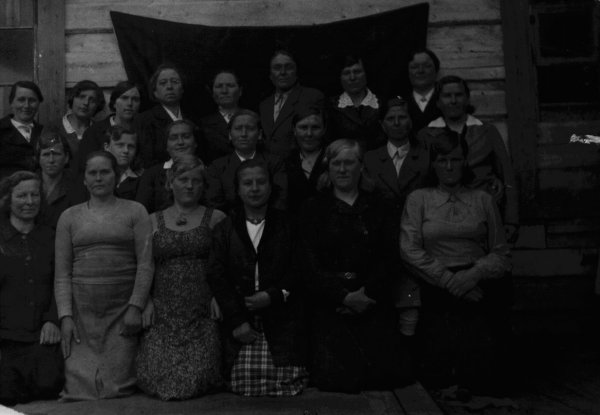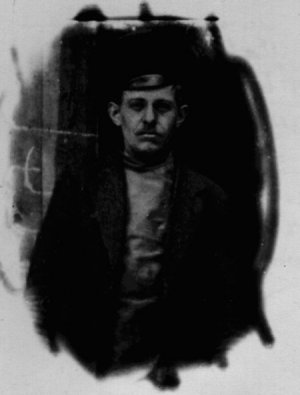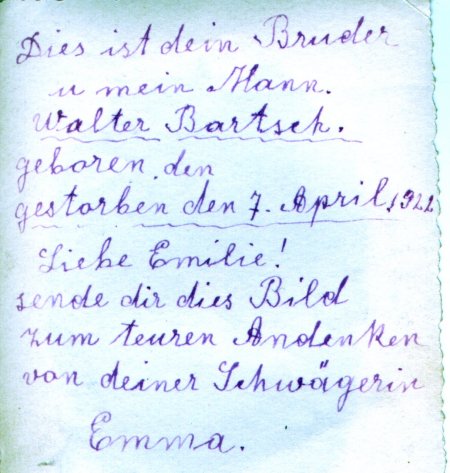
From 1950 to 1996 arrived around 1.550.000 evacuees from the former Soviet Union Germany – alone 1997 there were scarce 132.000, the majority of it, about 74.000 from Kazakhstan. Something over twelve per cent of the 1997 frightened evacuee were assigned to Baden-Württemberg.
The Russian-Germans has a moved, partly over 500 years old history behind itself. Already in the 16. century had gotten Zar Iwan the terrible German specialists in the country. Under ruling Peter the Large (beginning 18.century) experienced Russia a pronounced europeanizing , Germans dressed of important offices. In the second halves of 18. century came the first settlers to Russia, with attractive privileges of the likewise German-study female Zar, Katharina 11,enlisted, where they predominantly found a new homeland at the Volga. Later developed numerous daughter colonies also in other area Russians were a large, little inhabited country. The Germans should cultivate it and help to increase so the public revenues.

In late 19. century developed however increasing hate on the Germans in Russia, which were envied over their privileges waved. Many special rights thereupon soon removed. Sao the Germans had to complete also the military service now.
Some emigrants preferred it to pull to America further. In the First World War the hate achieved its provisional high point, and this on all German, although approximately 300.000 Germans have saved in the army of the Zar. The German language was forbidden, 1915 began the first resettlements to Siberia, which were globally executed in the Second World War, to all German adhered the Kainsmal "fascist" now. This deportations meant labour camp, separation of the men from its families and hard labour. A sadly trusted history. There, in Siberia or Kazakhstan lived the Volga- and other Russian-
 |
Germans despite its rehabilitation, 1964 to the predominant section, until into the 90`s years.
The inheritance of the war rested still for a long time on the relationship between Russians and German, the stamp of fascism did not want to fade. Only 1990, with the signing of an agreement over good neighbourhood, partnership and cooperation, between the evenly freshly combined Germany and the (still) Soviet Union, opened a new perspective for many Russian-Germans: Emigrate to Germany. Back ?
In Russian as German he spoke German hardly- the children forgot it there, because the language was forbidden for a long time.
 |
 |
Besides in times of war and banishing it was necessary to appear German, because Germans that were the fascists.
Whenever someone hears my Russian accent I directly feel being a stranger. Many people complain, the Russian-Germans often live in their peer groups and circles and predominantly speak Russian(their native language).
The so-called Russian-German, feels German, in his or her homeland Russian-here in his or her homeland Germany, he feels like a Russian. Naturalized and also officially integrated, but always a little like a stranger. It´s possible to say, he has two homelands, or none.
The history of the Russian-Germans is very agitated and agitating, in local but also mental regard. Many contemporaries have the same opinion on the Russians, They often think they belong to "Russian mafia". The quick naturalisation of the settlers of Volga and Ukraine, from St.-Petersburg and Kazakhstan often meets with a lack of understanding, because they already emigrated hundreds of years ago, they often hardly speak any German , so why should they be German now? If one studies history more closely, one will recognize that only for this reason these "Russians" were banished, pursued and degraded in their cultural and national identity. Just because they were Germans!